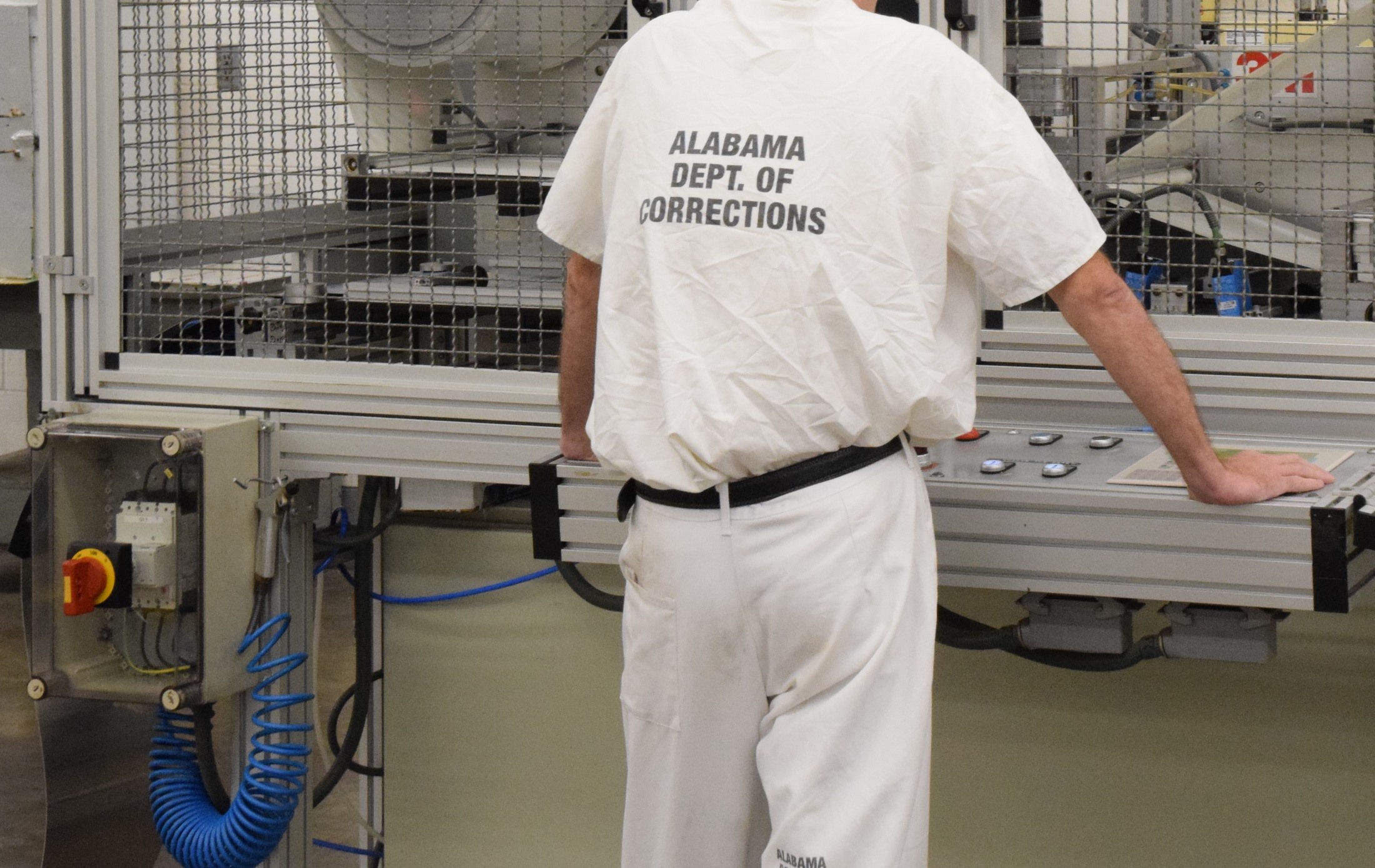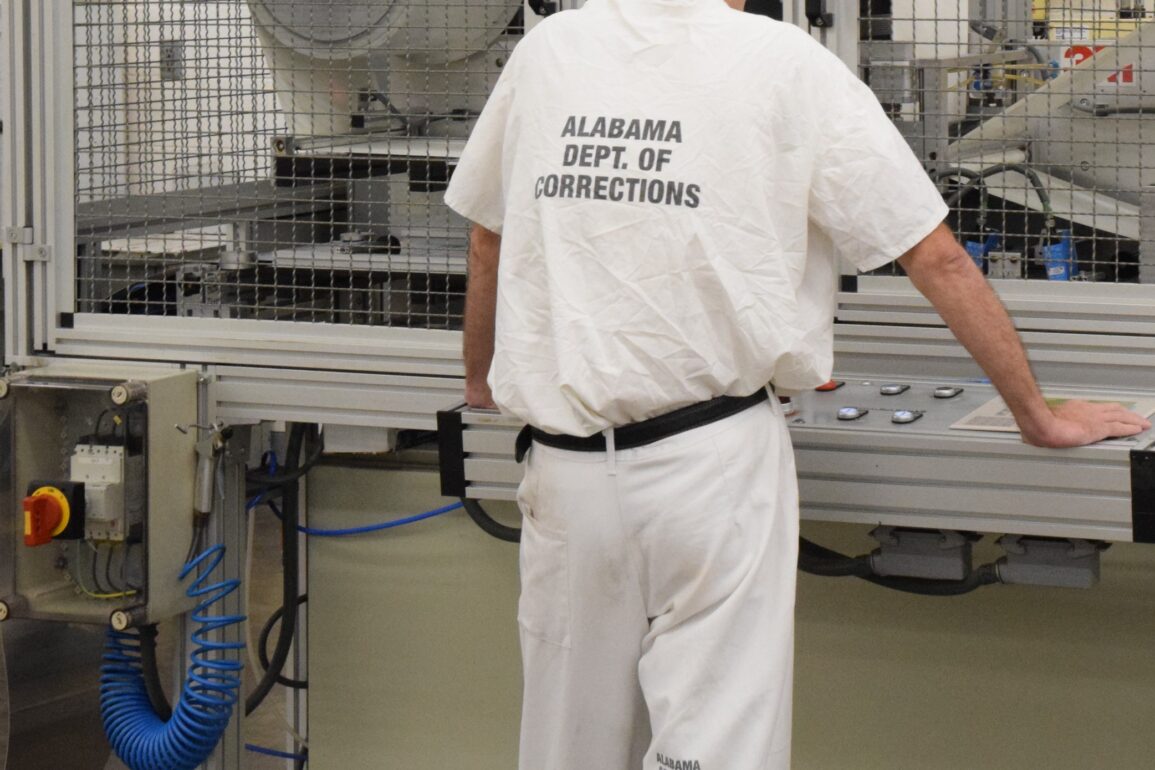
A federal court heard arguments Friday on a lawsuit accusing Alabama state prisons of using slave labor.
U.S. District Court Judge Corey Maze of the Northern District of Alabama, who presided over the hearing in Montgomery, heard arguments on whether to issue a temporary stay in Alabama’s current practice of what plaintiffs say is “forced [prison] labor.”
Plaintiffs argued that the state violated current and formerly incarcerated inmates’ rights under the 14th Amendment’s equal protection clause by denying parole to Black inmates at higher rates than white inmates.
Barbara Jane Chisholm, lead attorney for plaintiffs, said a risk assessment tool in parole decisions was introduced in 2016 to determine an inmate’s level of risk to the public. This was done as a result of the Legislature passing a law in 2015 to reduce prison overcrowding.
“A departure from that, a reasonable board member knew or should have known that departing and disregarding objective standards would inject racial bias,” Chisholm said.
GET THE MORNING HEADLINES DELIVERED TO YOUR INBOX
The filing said the proper use of risk assessments “can help to limit racial bias in the parole process.” As a result of using the risk assessment tool, Chisholm argued the state saw an increase in parole until 2019, when an amendment was added that it was the parole board’s “paramount duty” to protect public safety.
The plaintiffs allege that Alabama grew work-release programs by favoring white over Black prisoners in parole decisions for release. It further alleges that the Alabama Board of Pardons and Paroles, which has sharply curtailed parole grants in recent years, has “unlawfully refused to release people from prison and further skewed the racial composition of the incarcerated population by wrongfully denying parole to thousands of Alabamians—and to Black Alabamians in particular.”
The plaintiffs also argued that the board’s practices retroactively increase punishment for crimes previously committed by denying incarcerated people who would have been granted parole, subjecting them to longer periods of incarceration.
Counsel for the state said that even if Gov. Kay Ivey and Attorney General Steve Marshall were to communicate with the board on parole matters, the parole board has discretion on parole decisions.
Brad Chynoweth, counsel for Ivey and Marshall, said that neither the governor nor the attorney general has “the authority to prohibit the board” from denying parole or by directing them to not use a risk assessment tool.
He said nothing would change with the order and that “it would be meaningless” because the governor and the attorney general must have the statutory authority to enforce their recommendations.
The plaintiffs in the lawsuit — who include currently and formerly incarcerated Alabamians, three unions representing service industry employees and the Woods Foundation, a civil rights organization — are also asking the court to release individuals qualified for parole; require the state to pay the plaintiffs what they earn through working in the prison system, as well as monetary damages to be determined at trial.
Maze did not issue a ruling on a temporary stay immediately after the hearing.
SUPPORT NEWS YOU TRUST.
This post was originally published on this site be sure to check out more of their content.









